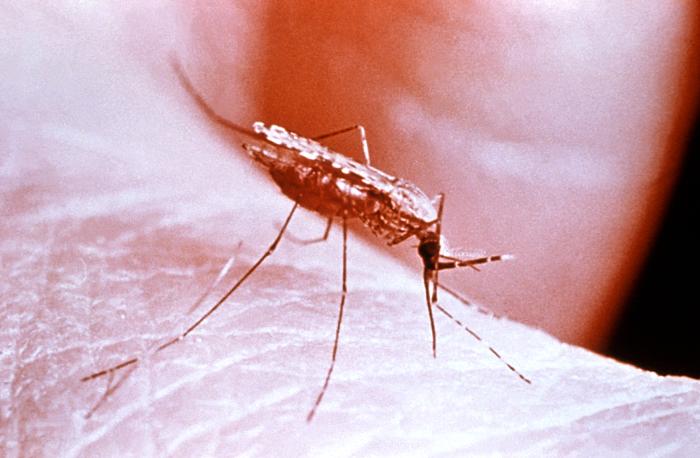In 2014 Food for the Hungry (FH) helped 1.4 million people get treatment for malaria or learn how to prevent malaria contraction in their homes and families. Globally, the World Health Organization estimates that in 2013, 198 million clinical cases of malaria occurred, causing 500,000 fatalities, a number that will grow without continued international work to eliminate malaria.
 Image/CDC While efforts to prevent, diagnose and treat malaria have gained important momentum over the past years through governmental and non-governmental organizations such as FH, an annual shortage of US$ 3.6 billion threatens to slow down progress, particularly across Africa where high-burden countries are facing critical funding gaps. “Unless the world can find a way to bridge the funding gaps and endemic countries gain the resources and technical support they need to implement sound malaria control plans, malaria resurgence will likely take many more lives,” said Gary Edmonds, FH president and CEO. Since many of the countries that are home to the malaria-carrying mosquitos are already among the poorest nations, the disease often traps individuals and families in a cycle of poverty. Mrs. Phat Vet, a farm owner in Prolean, Cambodia, had spent all the money she had on malaria treatment for her family members and did not have enough resources to produce adequate crops even to feed her family. After working with FH to receive malaria prevention training, her family members are in good health and are able to work diligently on the farm. “Now I make a new house for my family and run a grocery shop,” she told an FH staff member. FH works with local communities in high-risk areas to encourage the use of mosquito nets, and to provide malaria prevention training through small community groups. In some instances, FH distributes nets, and in others, FH helps families find free or low-cost nets to purchase themselves. FH often shows families how to establish savings groups and save and invest their earnings. This helps parents earn extra money to help pay for their family’s medical-related expenses, including mosquito nets. “Malaria prevention has a dramatic effect on communities by enabling people to work consistently and to invest earnings rather than spend them on treatment,” said Edmonds. “By donating to malaria prevention, people can make a substantial difference in the well-being of entire economies.” Those who want to get involved can give a mosquito net to a family in need at FH.org. The cost is $6 to buy one mosquito net. |
|
| About Food for the Hungry Founded in 1971, Food for the Hungry provides emergency relief and long-term development programs with operations in more than 20 countries to help the world’s most vulnerable people. Learn more by visiting fh.org. Social connections include facebook.com/foodforthehungry and on Twitter @food4thehungry |
BREAKING
- Measles global outbreak continues to spread
- Dad goes Viral on TikTok: Daughter has Pinworms
- French drugmaker Valneva Vaccinates First Pediatric Trial Patient with “Single-Shot Chikungunya Vaccine”
- Celebrity Cruise Norovirus Outbreak leaves over 90 passengers ill
- Health Dept Update: Philadelphia Measles Outbreak

